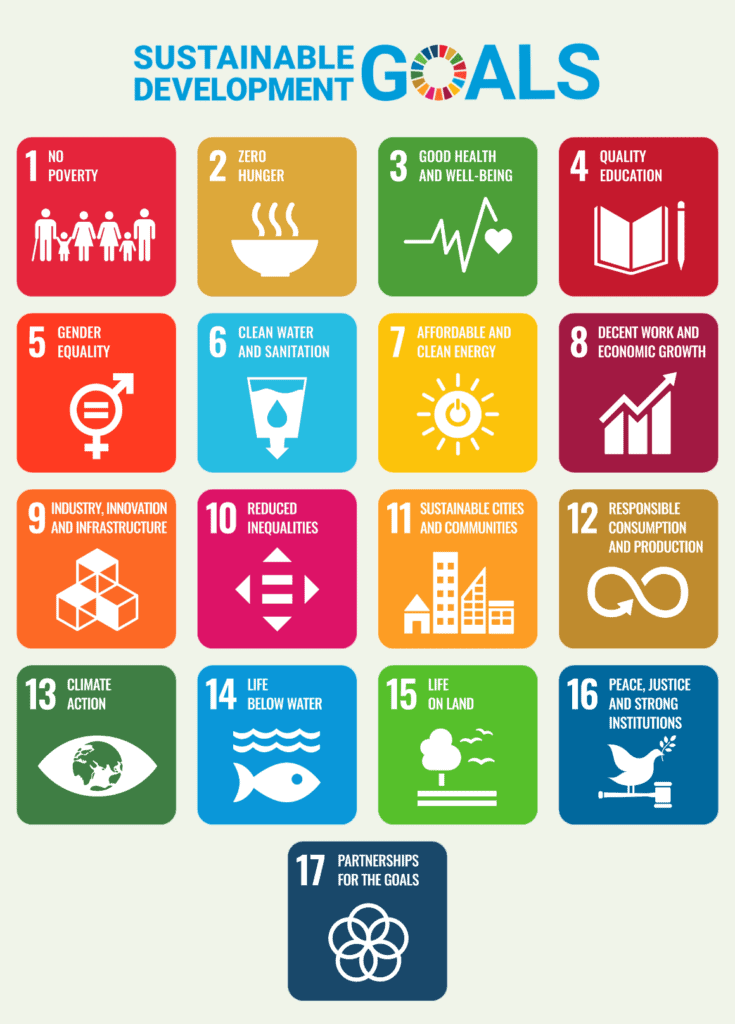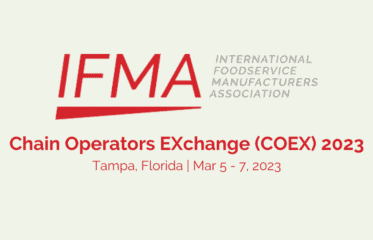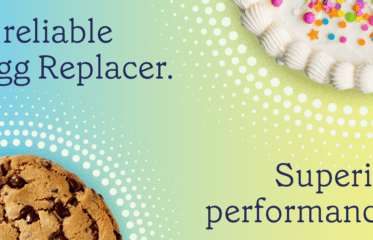United Nations Global Compact: Early Adopter Programme

Perfect Day is a mission-driven company, and sustainability is foundational to our mission and vision. As such, we are a proud member of the United Nations Global Compact. The Global Compact (UNGC) is an agreement made by businesses worldwide to adopt sustainable and socially responsible corporate policies and practices. Every year it requires what is known as an Environmental, Social, and Governance (ESG) disclosure. This program, now in its third decade of existence, is a means for companies to determine their progress in contributing to a sustainable society. This year, the UNGC launched a more standardized format for companies to disclose their progress. Perfect Day joined more than 1,000 other companies as early adopters to pilot this new Communication on Progress, an important step toward transparency in sustainability.
In July we submitted our first Communication on Progress. With our response, we publicly disclose progress against five metrics: Governance, Human Rights, Labor, Environment, and Anti-Corruption. As an early-stage company, we’re eager to share our disclosures and ambitions for future plans using this tool. But first: what is ESG reporting, and why does it matter? Let’s break it down.
ESG: Sustainability for Finance People
“Sustainability” has evolved over the years to become a buzzword that means anything related to the environment — from climate impact to natural resource use. In fact, sustainability is a measure of more than just environmental impact. According to Merriam-Webster, for something to be sustainable means simply that it is “capable of being sustained.” This could refer to how we harvest or use resources so that the resource itself can continue to be used without depletion or permanent damage.
It can also relate to social sustainability or practices that enable an ethical, equitable society. More and more commonly today, sustainability is becoming synonymous with the idea of net positive, or regenerative growth, which focuses not only on sustaining, but on replenishing, the world around us.
In a nutshell, ESG reporting is disclosure on sustainability issues that have been identified as most potentially impactful to a company’s ability to operate — a risk assessment of the social, environmental, and governance issues key to maintaining steady business operations. This includes consideration for its social license to operate — if, for example, a company has a program in place to ensure local communities are consulted ahead of new operation buildouts, an ESG assessment might determine this program helps mitigate the risk of disruption to future operations. These focus areas are typically determined by materiality assessment (analysis of a company’s top sustainability issues) and the use of industry-relevant questionnaires such as the UNGC, SASB, or investor-developed criteria.
In short, ESG is sustainability for finance people. It’s a structured way of thinking about the risks and opportunities that investors might have questions about when considering the ethical viability of a company and the long term feasibility of the business. Is a company considering its value creation over the long term, or prioritizing short-term profitability? As environmental and social concerns become increasingly tied to the valuation of a company, ESG frameworks provide a structure for issue assessment that helps answer the question of whether a company is indeed in good standing.

The UN Global Compact
The UN Global Compact was launched by the United Nations in 2000 to promote responsible business practices and to advance the Sustainable Development Goals (SDGs). The SDGs are a set of 17 aspirational, interlinked goals designed to be a “shared blueprint for peace and prosperity for people and the planet, now and into the future.”
Through the Communication on Progress, participants report their annual improvements aligned with Ten Principles:
Human Rights
- Businesses should support and respect the protection of internationally proclaimed human rights; and
2. Make sure that they are not complicit in human rights abuses.
Labor
3. Business should uphold the freedom of association and the effective recognition to the right of collective bargaining;
4. The elimination of all forms of forced and compulsory labor;
5. The effective abolition of child labor; and
6. The elimination of discrimination in respect of employment and occupation.
Environment
7. Businesses should support a precautionary approach to environmental challenges;
8. Undertake initiatives to promote greater environmental responsibility; and
9. Encourage the development and diffusion of environmentally friendly technologies.
Anti-Corruption
10. Businesses should work against corruption in all its forms, including extortion and bribery.
Perfect Day affirms our support of the Ten Principles of the UN Global Compact in the areas of Human Rights, Labor, Environment, and Anti-Corruption through our UNGC disclosure.

Perfect Day’s Communication on Progress
The Communication on Progress is an annual disclosure of Perfect Day’s continuous efforts to integrate the Ten Principles into our business strategy, culture, and daily operations. In it, we answered 64 questions pertaining to Governance, Human Rights, Labor and Decent Work, Environment, and Anti-Corruption. Perfect Day’s 2022 Communication on Progress can be found here.
This was Perfect Day’s first step into the world of ESG reporting. Many of the questions asked by the Communication on Progress pertain to policies currently in place and public commitments made to date. Within each section (Governance, Human Rights, Labor, Environment, and Anti-Corruption) were questions about our commitments, preventive measures, performance, and response/remediation. These were designed to provide a holistic view of our efforts and identify gaps and drive future goal setting.
For the 2021-22 reporting period, we found that Perfect Day’s strengths lie in the policies we already have in place. Some exist as standalone policies or are included in broader policies. On all fronts, we plan to build on our existing policies and establish new programs as we continue to grow and evolve as a company.
During the 2021-2022 reporting period, we:
- Published the first Life Cycle Assessment comparing the impacts of animal-free whey protein to the production of bovine whey protein
- Hired a Director of Sustainability and Social Impact
- Developed and published our Codes of Conduct, which include our Code of Ethics and Business Conduct, and our Supplier Code of Conduct
- Published our Privacy Policy
- Launched the Perfect Day Ambassadors program, a group of employees who identify actionable opportunities and implement solutions to improve work culture at Perfect Day
In addition to the above, Perfect Day maintains processes for auditing every contract manufacturing partnership we engage in and an ethics hotline by which employees can anonymously report concerns pertaining to human rights. We employ preventive measures around occupational health and safety and non-discrimination and provide training to all employees. Our Code of Conduct and Business Ethics provides guidance for employees’ behavior in situations that could present conflicts of interest.
Perfect Day’s reason for being is to engage and transform the food system with adaptive and mitigative climate strategies for food production. The strength of our first commercial product — animal-free whey protein from fermentation — is that it exists to reduce environmental impacts and to bolster resilience in supply chains; our total annual revenue comes from environmentally friendly products and services.
Programs we hope to develop over the next several years include building out risk assessment procedures and due diligence around governance; formal training on human rights issues that are salient to our business; commitments to climate action, water resources, and waste policies; and an anti-corruption compliance program. As we continue to expand our business, we want to put checks in place that will allow us to; measure our Scope 1-3 emissions, starting by setting targets from which we can benchmark. To date, we have not had incidents requiring remediation in these areas. Nevertheless, we view each as critical objectives for all companies that strive to make the world kinder and greener.
Our Communication on Progress should be viewed as a baseline of where we are today on corporate sustainability and a guide to where we’re going. Participation in ESG frameworks helps us to build credibility with investors, partners, and consumers. It gives us a guide for measuring and demonstrating our progress, comparing our progress against that of our peers, and is an opportunity to continually improve our performance.
By becoming members of the UNGC early in the Perfect Day story, we have the opportunity to build sustainability into all facets of our business. We are proud to be laying the foundations for corporate sustainability throughout our strategy and culture, and we’re excited for the kinder, greener future to come.
We’d love to hear your thoughts!
Your email address will not be shared.


